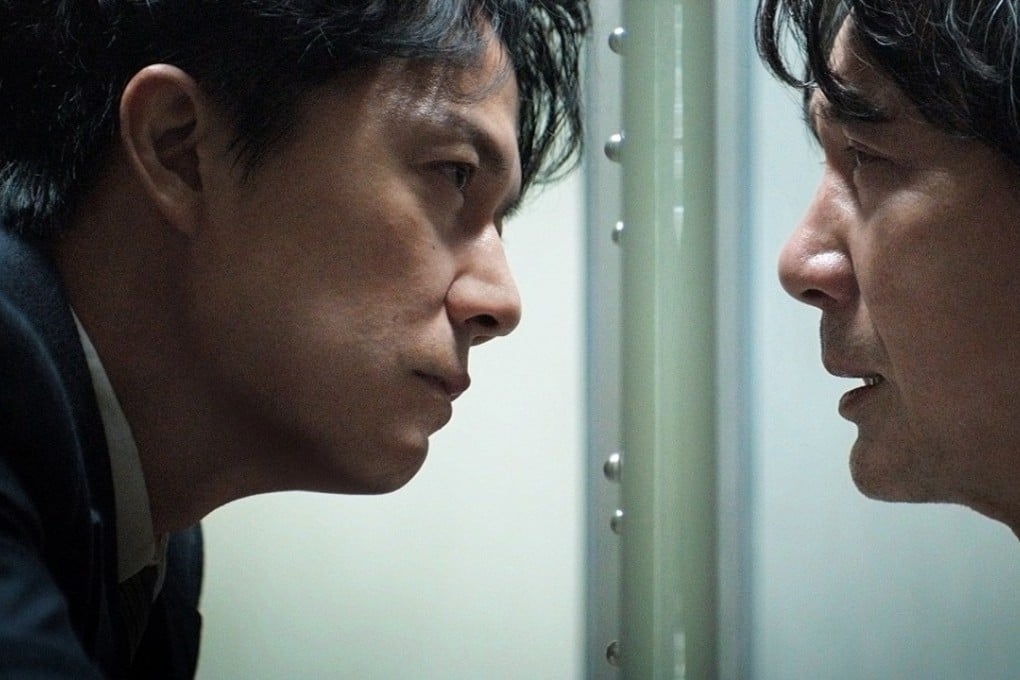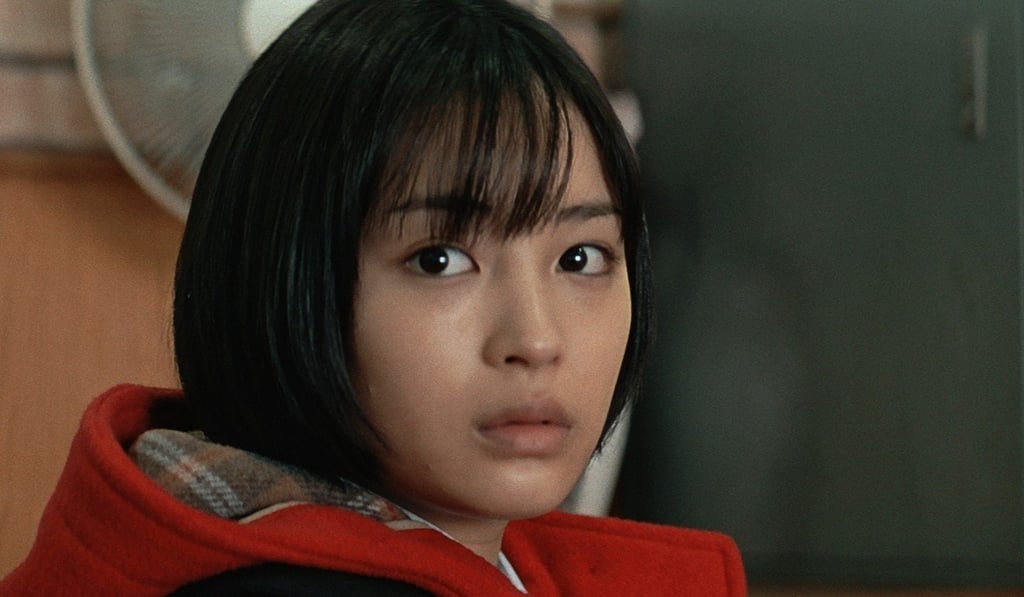Review | Film review: The Third Murder – Masaharu Fukuyama, Koji Yakusho in Hirokazu Koreeda’s masterful legal thriller
This courtroom drama forgoes the usual sensational elements, relying instead on the interplay between the main characters to build tension and reveal clues, although some will find the pacing a challenge

4.5/5 stars
Often regarded as the modern-day Yasujiro Ozu for his poignant family dramas such as Still Walking (2008) and Like Father, Like Son (2013), Hirokazu Koreeda takes a rare stride into the thriller genre with this intricate legal procedural, in which a twice-convicted murderer faces execution for a third killing.
Soon after completing a 30-year jail sentence, Misumi (Koji Yakusho) confesses to killing his boss at the food factory from where he was recently fired. A death sentence seems unavoidable, but defence lawyer Shigemori (Masaharu Fukuyama) soon discovers inconsistencies in Misumi’s confession while digging into the case. The victim’s daughter, Sakie (Suzu Hirose), is also drawn into the mix.
Film review: in After the Storm, Hirokazu Koreeda looks at squandered potential
The Third Murder may appear a marked change of pace for Koreeda, but it retains a number of qualities integral to the writer-director’s oeuvre. The central murder investigation is almost entirely devoid of sensational genre elements, with many of the crucial clues and revelations occurring during intimate conversations between colleagues and family members.

Gradually, Shigemori is revealed to be a failed family man trapped in the shadow of his father (Isao Hashizume) – a recurrent character setting in Koreeda’s films – who was the judge responsible for sentencing Misumi the previous time. Meanwhile, the legal teams on both sides appear less interested in determining Misumi’s guilt than ensuring the case is processed without further controversy.
Film review: Our Little Sister – Hirokazu Koreeda tugs the heartstrings
Much like the characters in a John Woo or Michael Mann film, Shigemori and Misumi discover they have more in common than it first seems. Facing off repeatedly through the reflective glass of the visitors room, they become two sides of the same coin, separated only by the arbitrary line of the law.